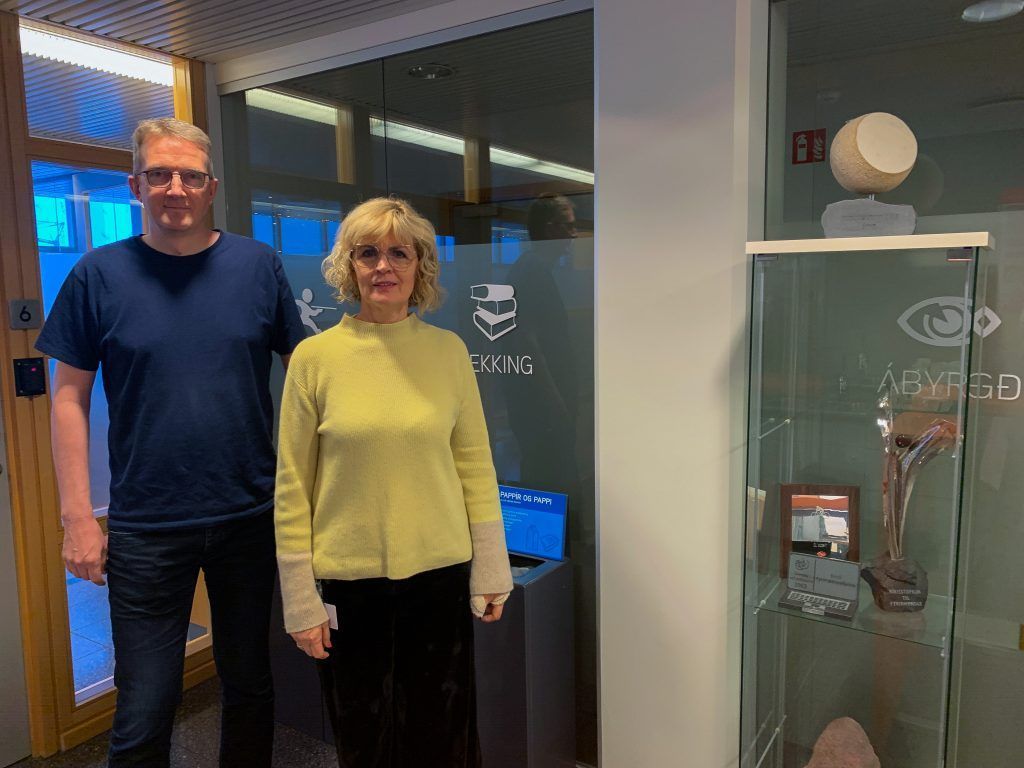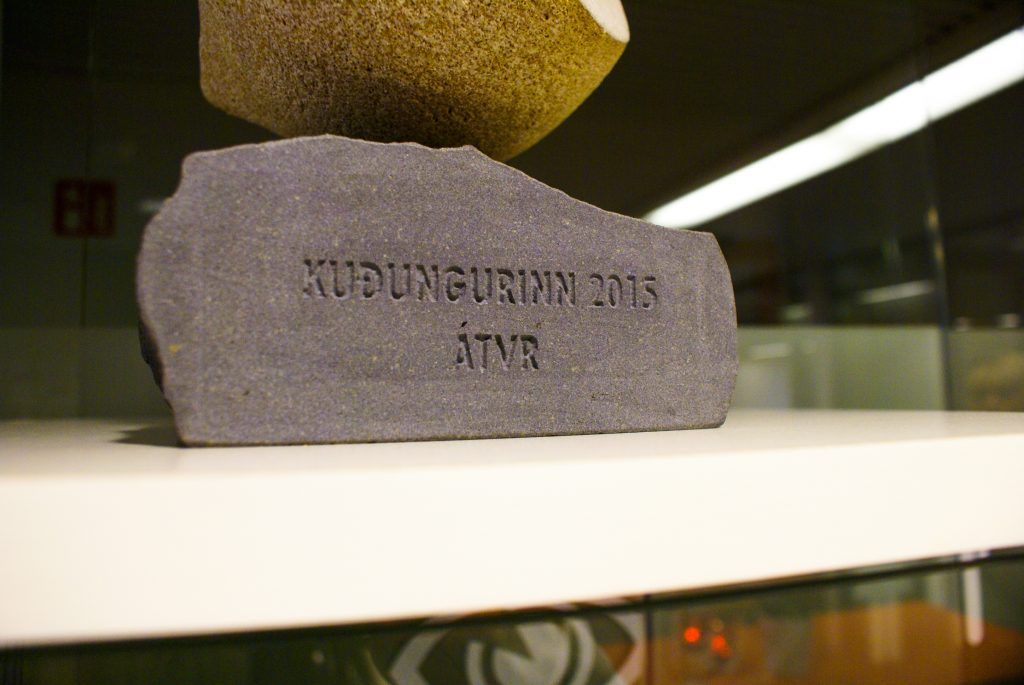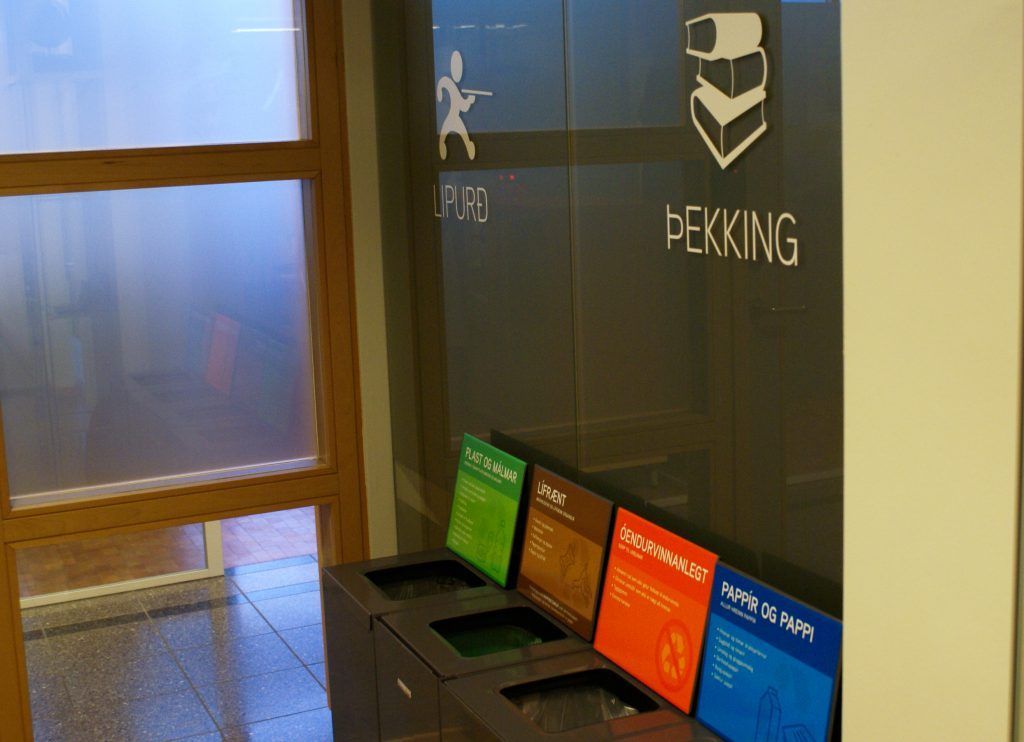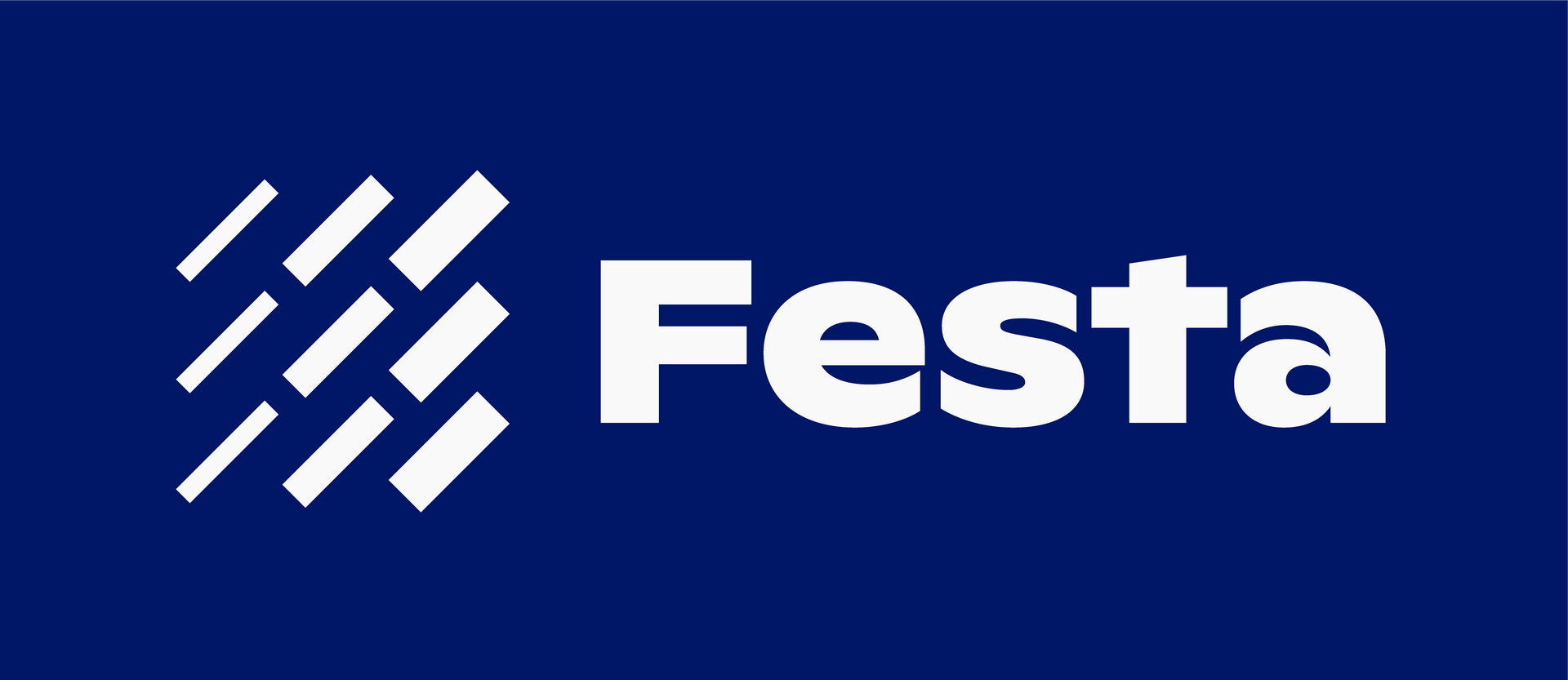Auratal: Hagnaður af sjálfbærni
Vínbúðin Less waste and focus on environmental protection yields financial benefits
“Social responsibility is at the core of the company,” says Sigrún Ósk Sigurðardóttir, Deputy CEO of Vínbúðin. She and Sigurpáll Ingibergsson, Vínbúðin’s Quality Manager, are firm believers in the importance of integrating sustainability thinking into all of the company’s operations. “Yes, the strategy is clear; to be one of the leading service companies in the country and to be a role model in the field of social responsibility,” says Sigurpáll. Both of them have worked in recent years to set standards for the company’s actions that fall under social responsibility according to an international model, as ÁTVR publishes a sustainability report that complies with the GRI (Global Reporting Initiative).

Sigurpáll and Sigrún Ósk, quality manager and deputy CEO of Vínbúðinn, have operated according to the values of social responsibility for many years.
Fyrst er talað um samfélagslega ábyrgð í stefnu Vínbúðarinnar árið 2001 en það hefur verið markmið Vínbúðarinnar frá stofnun að starfa samfélaginu til heilla. Þetta er meðal annars vegna eðlis starfseminnar en eins og flestum er kunnugt hefur ríkið einkasölu á áfengi með höndum vegna lýðheilsusjónarmiða. Því er sérstök áskorun að meta fjárhagslegan ávinning af aðgerðum Vínbúðarinnar þegar kemur að samfélagslegri ábyrgð.
"I have sometimes said that this can be anything from 5000 krónur and up," explains Sigurpáll. He refers to a study from Sweden on the consequences of abolishing the state monopoly on alcohol sales, where the results were that alcohol consumption would increase by 20 to 30 percent per capita and that the costs to society due to increased consumption would increase as a result. In light of this, Vínbúðin has made a commitment to working in harmony with society, and the basis for this has been to provide excellent service and be very aware of its social role. This is stated in the ÁTVR annual report, where social responsibility is at the forefront.
"We feel like this is one whole, you can't look at service and not look at social responsibility."
This is what Sigrún Ósk says, adding that the company's human resources are well taken care of, the workplace focuses on health-promoting activities for employees, and that this is one manifestation of social responsibility. Absenteeism due to illness as a percentage of hours worked is only 2.4 percent at Vínbúðinn, as stated in the sustainability table in the social report. "In order to provide good service, you need to have happy employees, and job satisfaction has been increasing in recent years," adds Sigurpáll, saying that factors such as equality issues, such as equal pay and other things, have a major impact on job satisfaction at the company. These are issues that fall under the company's social practices according to the ESG criteria of the Icelandic Stock Exchange and are also related to the United Nations' Global Goals.
Although ÁTVR is an institution, its operations are much more similar to traditional corporate operations than is generally the case with state institutions. Wherever individuals stand in the discussion about the monopoly of alcohol, the financial benefits of social responsibility are manifested in various ways in the operations. Sigrún Ósk says that Vínbúðin does not recommend it formally, however. “Social responsibility is of enormous importance when it comes to reputation,” says Sigrún Ósk. It is important to use the lens of social responsibility when making decisions, whether it is about equality or dealing with values. Otherwise, there is a risk that a company’s reputation will be tarnished.

Þau nefna nokkur dæmi um tilfelli þess að áhersla á umhverfisvernd hafi haft fjárhagslegan ábata en að sá ávinningur hafi alltaf komið í kjölfarið á þeirri ákvörðun að fara vel með verðmæti. „Ef þú ferð að reikna allt og ætlar ekki að taka ákvörðun um neitt nema ef það skilar þér fjárhagslegum ávinningi þá er meiri hætta á að þú gerir ekki neitt,“ segir Sigrún Ósk og útskýrir að þegar Vínbúðin fór að flokka og endurvinna hjá sér hafi förgun á úrgangi ekki kostað jafnmikið og í dag. Nú fái þau aftur á móti greiddar þrjár milljónir króna fyrir flokkun sem væri ella kostnaður upp á fimm milljónir hefðu þau aldrei tekið upp á því að flokka. Vínbúðin er með eitt hæsta endurvinnsluhlutfall fyrirtækja á landinu, eða 93 prósent, og markmiðið er á endanum að endurvinna 98 prósent af úrgangi frá starfseminni.
"We've been looking at what we can do well. If at some point it turns out to be financially viable, that's the bonus."
Sigurpáll mentions another example where the same thing happened. “Waste measurements began in the last century, so the emphasis on less waste; that measurements and that all processes take into account the utilization of values, actually began there before the word social responsibility appeared,” explains Sigurpáll. “Our unexplained waste today is 0.03 percent, but that waste for companies in the world is on average 1.33 percent. If waste here were 1.33 percent, that would be a loss of half a billion krónur.” Other examples they mention are the implementation of a system for electronic invoices and the decision to stop using disposable beverage containers. The emphasis on electronic invoices has resulted in less paper and postage, but the system itself and its maintenance have their costs. The environmental impact of reduced paper use is the greatest benefit. On the other hand, the reduced use of cardboard and plastic has had financial benefits.
"Originally, paper bags were always included with coffee purchases," explains Sigrún Ósk, "But then one year the service provider started charging for them, and so the measure of purchases of single-use packaging in the green accounting skyrocketed. We showed this figure to the staff, and it strongly encouraged us to stop purchasing these bags. We did so, on the same day, and the amount we saved on single-use packaging was comparable to what we paid for carbon offsets that year."

This example clearly shows how important it is for companies to keep track of their environmental impact measurements. "It's the foundation to know where the money is going and green accounting really raises awareness. We've had green accounting here for many years and all measurements in general are extremely important, as we are doing systematically in the social report. The measurements don't lie," says Sigrún Ósk. They also point out that all measurements help companies determine their sustainability priorities, there is a cost to conducting life cycle analyses and evaluating their own operations, but the benefits, financial and non-financial, are inherent in taking targeted actions.
As mentioned earlier, financial benefits from social responsibility are in no way the main motivation for action at Vínbúðinn.
„Drifkrafturinn þarf að vera hugsjónin en fjárhagslegi ávinningurinn er bónusinn,“ segir Sigrún Ósk og bætir við að bæði fyrirtæki og einstaklingar þurfi að velta fyrir sér hvernig þeir ætli að haga sinni þátttöku í samfélaginu. „Stundum kostar það að vera samfélagslega ábyrgur. Mér finnst maður ekki getað tekið ákvörðun byggða eingöngu á x krónum inn eða út. Stundum þarftu að segja; ég er tilbúin til að borga meira fyrir að vera samfélagslega ábyrgur. Það er bara ákvörðun sem maður tekur.“




